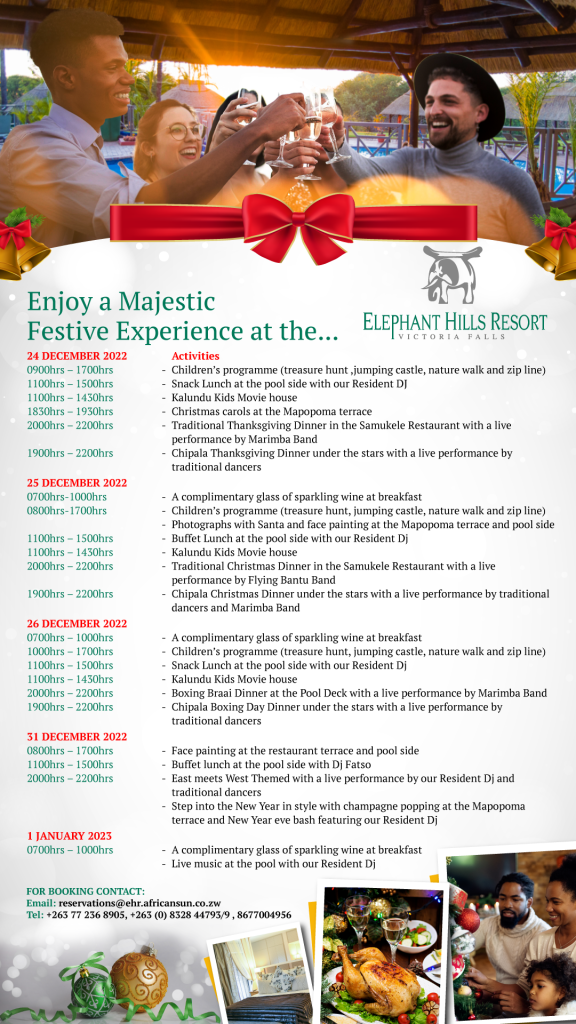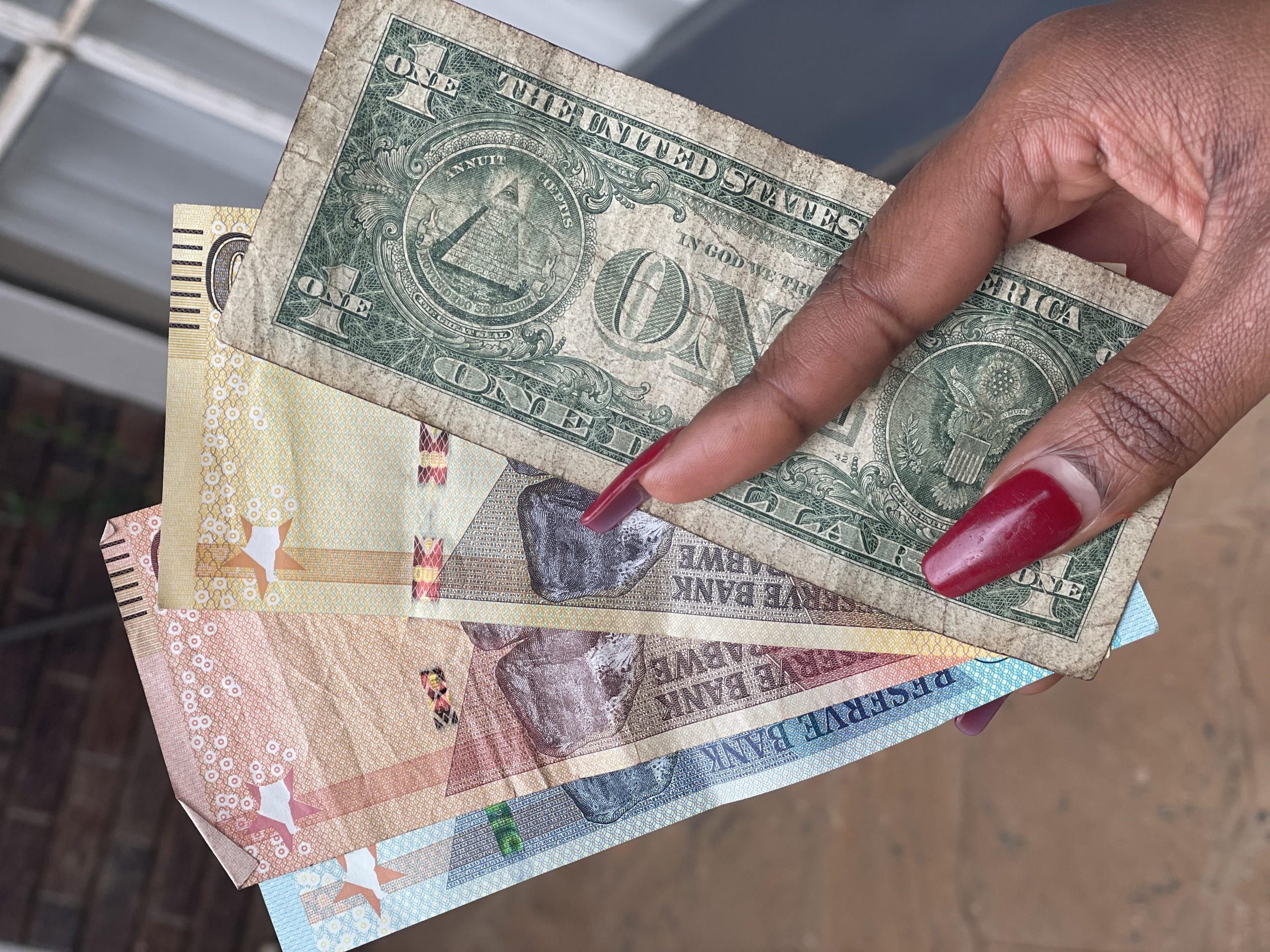By ETimes
Zimbabwe’s micro, small, and medium enterprises’ (MSME) formalization has not increased over the past ten years, with the lowest percentage occurring among small businesses and individuals, a FinScope MSME Survey 2022 Report shows.
The informal sector has served as the foundation of the economy ever since the 2000s hyperinflation crisis caused industry to collapse. Despite this, our nation lacks the political will to sustain the informal economy.
Traders are frequently forced to engage in informal trade because of obstacles to doing so, such as difficulty obtaining travel documents or trading licenses, excessively long border wait times, overcharging by customs officials, and a lack of understanding of formal procedures.
“Formalisation has not improved over the past decade at 14%, with the lowest proportion being in the individual to small enterprises,” reads the report.
“The main barrier is due to business size where the enterprise is too small or lacks funds for registration. Hence, business owners indicate a desire to formalise if the process was made free and well sensitised to inform the business on the benefits of formalisation.”
In a bid to broaden its revenue base, the Treasury introduced a 2% tax on all electronic transactions in 2018. Previously, former deputy Reserve Bank Governor Kupukile Mlambo said it has also managed to bring in the informal sector, which normally does not pay taxes.
“The MSME sector continues to be a key pillar for economic growth (GDP) and employment creation showing an increase in the estimated number of employees and profit (GDP) contribution of the sector up to US$8.6 billion post the COVID-19 pandemic.
“It continues to absorb more female adults which is key to addressing the gender gap,” stated FinScope.
The report noted that more lone entrepreneurs would be seen in 2022, suggesting that the industry serves as a source of income for many adult Zimbabweans with modest personal monthly incomes.
“However, this segment is also key for new entrepreneurs bringing innovative products and services with most of these (55%) being in the start-up and growth phases,” it said.
“Over time, growing this sector will grow the other micro, small to medium segments. However, the sector is currently dominated by individual and micro-enterprises most of which are female business owners.”
According to the report, there is optimism about the perceived business performance.
“However, business challenges continue to flag access to finance issues relating to sourcing and cost of funding together with cashflow challenges being operational and growth challenges. Products that speak to these business needs are required,” it said.
Energy availability is cited as a barrier because only 30% of MSMEs have access to electricity. Nearly 2 in 5 MSMEs point out infrastructure problems with a shortage of commercial space and storage.
To remain viable, most informal players now prefer and charge in hard currency for their goods and services. However, they are still accepting the local currency, but at a premium rate higher than that of the auction rate, which forces consumers to pay using the US dollar. So, the government needs to lure the informal sector to register and formalize so as to harness the much-needed foreign currency that is circulating in the informal economy – Harare




